Analog Synthesizers
1-32 of 32 productsFilter
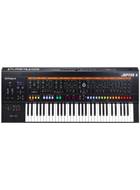
Roland Jupiter-X
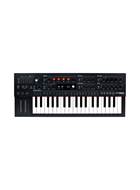
Arturia MiniFreak 6-Voice Polyphonic Hybrid Keyboard
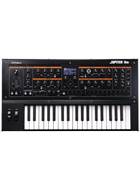
Roland Jupiter-XM
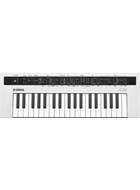
Yamaha reface CS
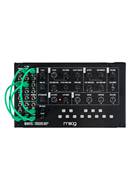
Moog Mavis Monophonic Semi-Modular Analogue Synthesizer
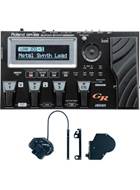
Roland GR-55GK-BK Black Guitar Synth with GK3 Pickup
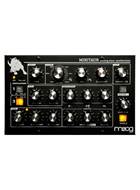
Moog Minitaur Analog Bass Synth
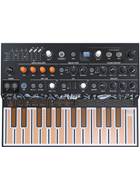
Arturia Microfreak
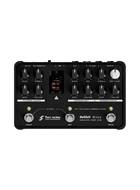
Two Notes ReVolt Bass Analog Amp Simulator Preamp
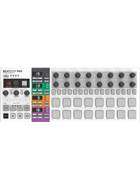
Arturia BeatStep Pro
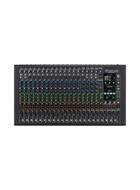
Mackie Onyx24 24-Channel Premium Analog Mixer with Multitrack USB
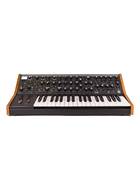
Moog Subsequent 37
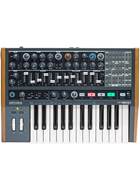
Arturia MiniBrute 2 Analogue Semi-Modular Synthesizer
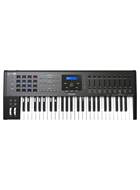
Arturia Keylab 49 MKII USB Controller Keyboard (Black)
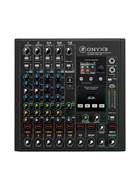
Mackie Onyx8 8-Channel Premium Analog Mixer with Multitrack USB
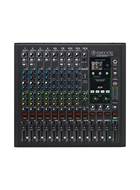
Mackie Onyx12 12-Channel Premium Analog Mixer with Multitrack USB
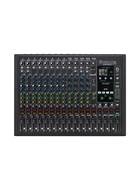
Mackie Onyx16 16-Channel Premium Analog Mixer with Multitrack USB
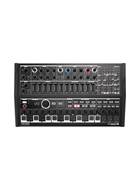
Arturia MiniBrute 2S Noir Synthesizer
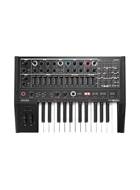
Arturia Minibrute 2 Noir
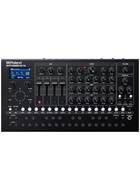
Roland SH-4D Desktop Synthesizer
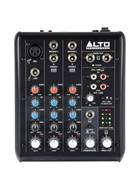
Alto TRUEMIX 500 Analog Mixer with USB
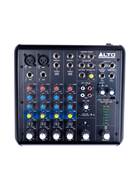
Alto TRUEMIX 600 Analog Mixer with USB and Bluetooth

Alto TRUEMIX 800 FX Analog Mixer with USB, Bluetooth & FX
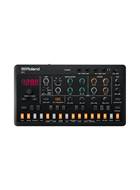
Roland S-1 Tweak Synth
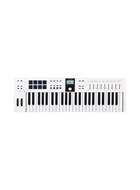
Arturia Keylab Essential 3 49-Note White

Arturia Keylab Essential 3 61-Note White
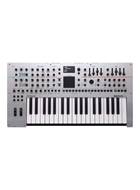
Roland Gaia 2 Synthesizer
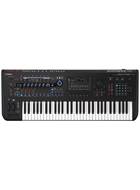
Yamaha Montage M6 Music Synthesizer
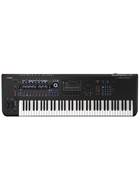
Yamaha MONTAGE M7 Music Synthesizer
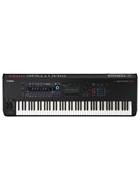
Yamaha MONTAGE M8X Music Synthesizer
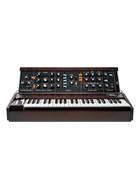
Moog Minimoog Model D 2022 Edition
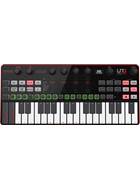
IK Multimedia UNO Synth Pro Desktop
About Analog Synthesizers
Analog Synthesizers are loved for their huge sound and immersive workflow, first created by electronics legend Bob Moog, analog synths first used modular synthesis to generate and manipulate sounds, with each module using custom analog circuits to each perform a different role in the sound. As the technology advanced, Moog launched the Minimoog, which condensed the multiple modules of the original Moog's down into a single unit with a keyboard. This synthesizer layout is still the standard to this day and is even featured on digital synthsizers.
Unlike digital synths, analogue instruments use electronic circuits to generate sound, rather than code and sampling, the result is a rich sound that although limited in its nature, sounds amazing. Many digital synthesizers and software synths are designed to emulate the sound of analogue synths, but never truly match the huge sound and immersive workflow of the real thing.
There are many variations on the analog synthesizer, from modular and eurorack systems and semi modular synths that bridge the gap between integrated systems and modular setups, making them an ideal starting point for those looking to get into modular setups and can work as a gateway into eurorack, without the need to purchase modules to get started, to integrated synthesizers with a keyboard and other features like analogue effects and USB MIDI.
Analog synthesizers are commonly monophonic, but are also available as polyphonic and paraphonic synths, and have become increasingly popular in recent years, and over the last decade, we have seen many new analog synth designs and technologies from multiple manufacturers including Korg and Teenage Engineering.
Why Should I Choose an Analog Synthesizer?
- Rich dynamic sound
- Intuitive workflow
- Easy modular integration
